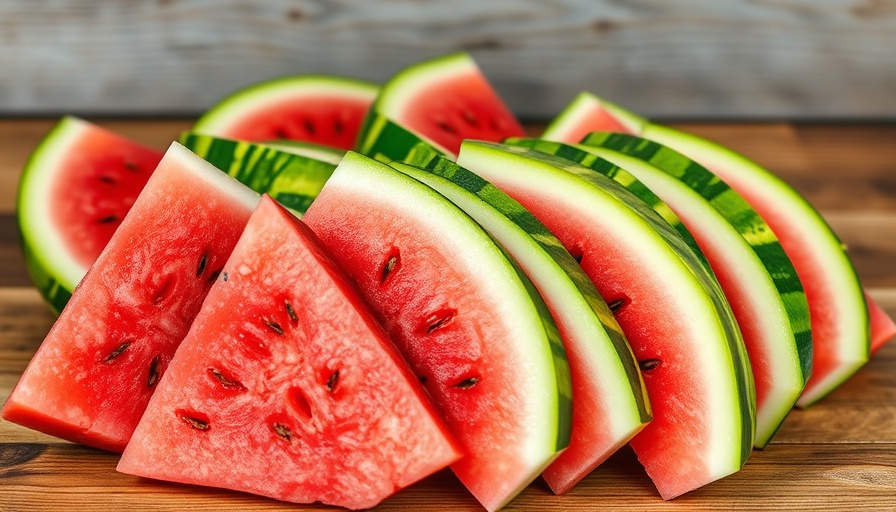
Discover the Benefits of the Watermelon Diet
The watermelon diet is gaining popularity among health enthusiasts, especially for its refreshing taste and nutritional benefits. With its high water content—over 90%—this vibrant fruit is not only hydrating but also packs a punch of vitamins, minerals, and antioxidants that can positively impact overall health.
What Does a Watermelon Diet Look Like?
This diet primarily revolves around consuming watermelon, ideally combined with other healthy foods for balanced nutrition. It’s recommended to eat watermelon throughout the day, which aids in cleansing the body and supports gut health. Benefits of this diet also extend to weight management—where some people have reported short-term weight loss due to reduced calorie intake and high fiber content.
Potential Risks and Considerations
While the watermelon diet may offer some quick benefits, it’s essential to approach it with caution. A diet solely focused on one food may lack vital nutrients, and overly restrictive eating patterns can impact overall health. Incorporating a variety of nutrient-rich foods into your meal plan ensures you’re receiving the balanced nutrition your body requires.
Finding Balance in Your Diet
The watermelon diet can be a fun way to enjoy seasonal fruit, but it's crucial to consider moderation and balance. Pairing watermelon with healthy fats—like avocado or nut butter—can enhance flavor while adding essential nutrients. This ensures you're not missing out on crucial protein, healthy fats, and fiber, key components of a holistic nutrition approach.
Reach Out to Our Team for Personalized Advice
Whether you're curious about trying the watermelon diet or looking for ways to incorporate more superfoods into your daily meals, we’re here to help! Optimize your eating habits for longevity and wellness by calling us at 984-238-6164 or emailing tom@mywellnesstrain.com.
 Add Row
Add Row  Add
Add 




Write A Comment